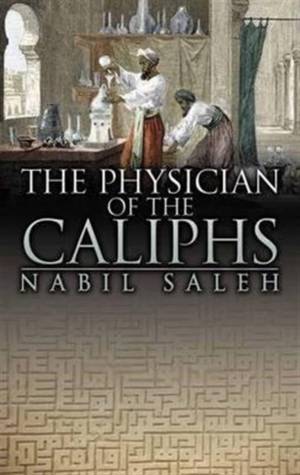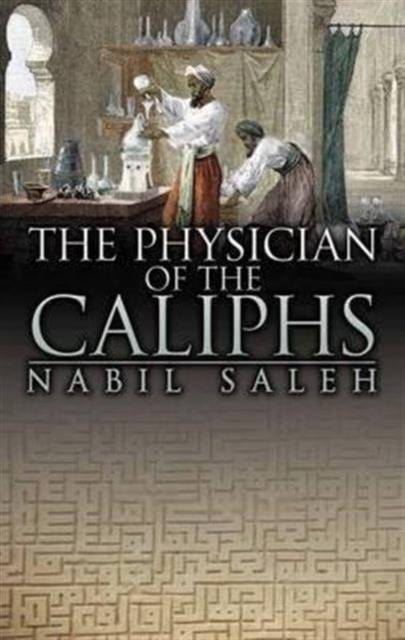
Door een staking bij bpost kan je online bestelling op dit moment iets langer onderweg zijn dan voorzien. Dringend iets nodig? Onze winkels ontvangen jou met open armen!
- Afhalen na 1 uur in een winkel met voorraad
- Gratis thuislevering in België vanaf € 30
- Ruim aanbod met 7 miljoen producten
Door een staking bij bpost kan je online bestelling op dit moment iets langer onderweg zijn dan voorzien. Dringend iets nodig? Onze winkels ontvangen jou met open armen!
- Afhalen na 1 uur in een winkel met voorraad
- Gratis thuislevering in België vanaf € 30
- Ruim aanbod met 7 miljoen producten
Zoeken
Omschrijving
Hunayn ibn Ishaq (803-873 AD) was a Christian physician of Arab descent. He, with other Nestorian physicians, practised the medicine taught by the Ancient Greeks. He was personal physician to eight caliphs and rose to such prominence that his contemporaries dubbed him 'a source of science and a mine of virtue'. He transmitted to the Abbasids a great number of Greek medical and non-medical works, translating them into Arabic, often from earlier Syriac versions and, as did other Christian physicians, he enjoyed a de facto monopoly on exercising Greek medicine in the Abbasid Empire, often commenting and adding on the works he had translated. Hunayn ibn Ishaq left a sketchy account of his life. Nabil Saleh has written a novel that purports to complete it, re-creating the background of the Abbasid court where he moved, and giving a glimpse of the daily life in Baghdad and Byzantium, during the ninth century AD. As in his earlier historical novels - Quartet published The Curse of Ezekiel, about the siege of Tyre in 332BC, in 2009 to considerable acclaim - Nabil Saleh recreates a vivid, colourful picture of ancient worlds whose legacy still touches our own.
Specificaties
Betrokkenen
- Auteur(s):
- Uitgeverij:
Inhoud
- Taal:
- Engels
Eigenschappen
- Productcode (EAN):
- 9780704373235
- Verschijningsdatum:
- 30/11/2013
- Uitvoering:
- Paperback
- Formaat:
- Trade paperback (VS)
- Afmetingen:
- 126 mm x 198 mm
- Gewicht:
- 198 g

Alleen bij Standaard Boekhandel
+ 27 punten op je klantenkaart van Standaard Boekhandel
Beoordelingen
We publiceren alleen reviews die voldoen aan de voorwaarden voor reviews. Bekijk onze voorwaarden voor reviews.











